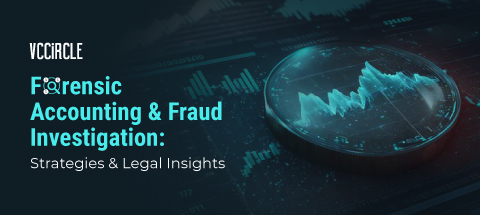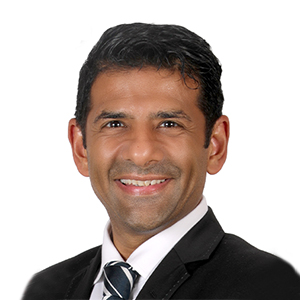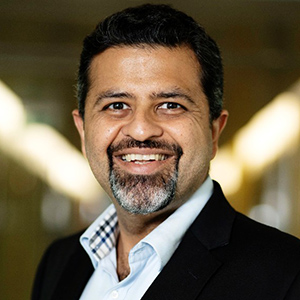As businesses navigate an increasingly complex and rapidly evolving environment, they face a growing range of risks, including the rise of financial crimes, fraud, and more sophisticated criminal activities. These challenges are compounded by shifting regulations with extra-territorial implications, technological advancements that create new fraud risks, and increasingly complex cross-border disputes. Additionally, expanding into emerging markets, dealing with unfamiliar business partners, and managing complex supply chains all contribute to an environment where fraud and financial crime can thrive.
In this landscape, organizations must not only focus on business growth but also on protecting themselves from financial and reputational damage. The ability to prevent, detect, and investigate fraud has become an essential skill for finance professionals. This course has been designed to equip professionals with the necessary forensic accounting knowledge and investigative techniques to identify fraudulent activities, evaluate the damage, and provide effective litigation support.
By understanding forensic accounting and leveraging investigative tools, finance professionals can mitigate the risks of financial crimes, safeguarding their organizations from the devastating consequences of fraud. Organizations that develop strong fraud prevention and investigation frameworks are better positioned to act swiftly and minimize negative impacts.










